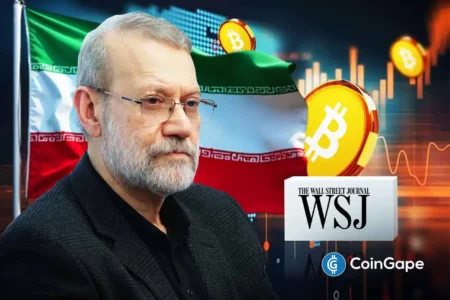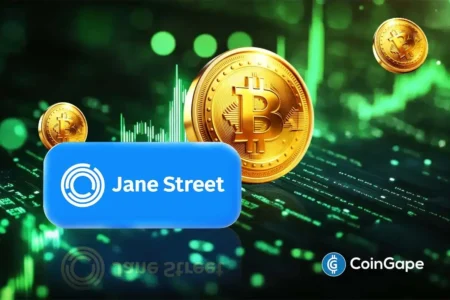The Growing Challenge of Bitcoin ETF Approval Delays: Insights from VanEck
The current landscape of Bitcoin exchange-traded funds (ETFs) is characterized by increasing frustration among asset managers, particularly as the United States Securities and Exchange Commission (SEC) continues to postpone decisions on critical applications. VanEck, a prominent asset management firm, has voiced significant concerns regarding the SEC’s prolonged delays and lack of transparent communication. Matthew Sigel, VanEck’s Head of Digital Assets Research, highlights that investors and applicants alike deserve better information and responsiveness from the regulatory body. This article explores the implications of these delays and the broader context of crypto ETFs.
An Overview of VanEck’s Concerns
Recently, the SEC has faced criticism for its decision to delay the ruling on the CBOE’s 19b-4 filing, which pertains to options on VanEck’s Bitcoin ETF, identified by the ticker symbol ‘HODL.’ This pattern of delays is not only affecting proposed in-kind creations and redemptions for Bitcoin ETFs but also raising questions about the regulatory process itself. Sigel expressed his frustration on social media, stating that the SEC frequently announces delays without providing adequate explanations, leaving applicants to speculate on the reasons behind the actions. The CEO’s assertion underscores a pervasive sentiment among stakeholders that they deserve clarity and timely responses from the SEC.
The Ripple Effect of Crypto ETF Delays
The delays experienced by VanEck are part of a broader trend impacting multiple asset managers seeking to launch crypto ETFs. On May 22, the SEC postponed its decision on CoinShares’ spot XRP ETF, opting instead to solicit public commentary on the submissions instead of making a definitive ruling. This prolonged indecision has escalated anxiety among applicants, with the next deadline now set for August 24, superseding the initially planned date of May 26. Fidelity’s attempts to incorporate in-kind redemptions into its spot Bitcoin and Ethereum ETF applications have met a similar fate, without any indication of when a final decision might be made.
The Call for Transparency
The opaque nature of the SEC’s decision-making process has drawn ire not only from VanEck but also from experts in the finance and cryptocurrency sectors. Sigel labeled the situation as “confounding and frustrating,” emphasizing the need for greater transparency and communication from the SEC. Investors and companies are left in the dark about the implications of their applications, especially when faced with indefinite delays. This absence of feedback breeds uncertainty, potentially stifling innovation in the burgeoning cryptocurrency market.
A Surge in Crypto ETF Applications
Despite the ongoing delays, asset management firms show no signs of retreating from their pursuit of crypto ETFs. Recent filings have expanded to include products linked to altcoins such as Cardano, Polkadot, Solana, and XRP. This resilience can be attributed to an evolving political landscape that appears increasingly favorable towards cryptocurrencies. The SEC’s acknowledgment of filings, such as the Canary’s staked Tron ETF, has further fueled optimism within the crypto community. As firms remain undeterred, expectations grow that a more extensive array of crypto ETFs will continue to emerge, even amid regulatory challenges.
The Future of Crypto ETFs
The ongoing delays from the SEC raise critical questions about the future landscape of crypto ETFs. As applicants experience prolonged waiting periods with minimal feedback, some may reconsider their strategies, while others persist in pushing forward. It remains uncertain when the SEC will adopt a more consistent and illuminating approach to its decision-making process. Meanwhile, the growing appetite for diversified crypto investments suggests that the market could see a broader range of offerings if stakeholders maintain their persistence in seeking ETF approvals.
Conclusion: A Call for Change
With asset managers like VanEck calling for improved transparency from the SEC, it is evident that the current state of Bitcoin ETF applications is riddled with challenges. As the industry watches how regulatory practices evolve, it is crucial for the SEC to communicate effectively and provide substantive reasons for any delays. The future of crypto ETFs relies on a balance between regulation and innovation, ensuring that investors and asset managers can navigate this rapidly changing landscape with confidence. Engaging the community in discussions surrounding cryptocurrency regulations could pave the way for a more robust and accessible market environment. Investors deserve clarity, and regulators must respond to avoid hindering the growth of this dynamic sector.















